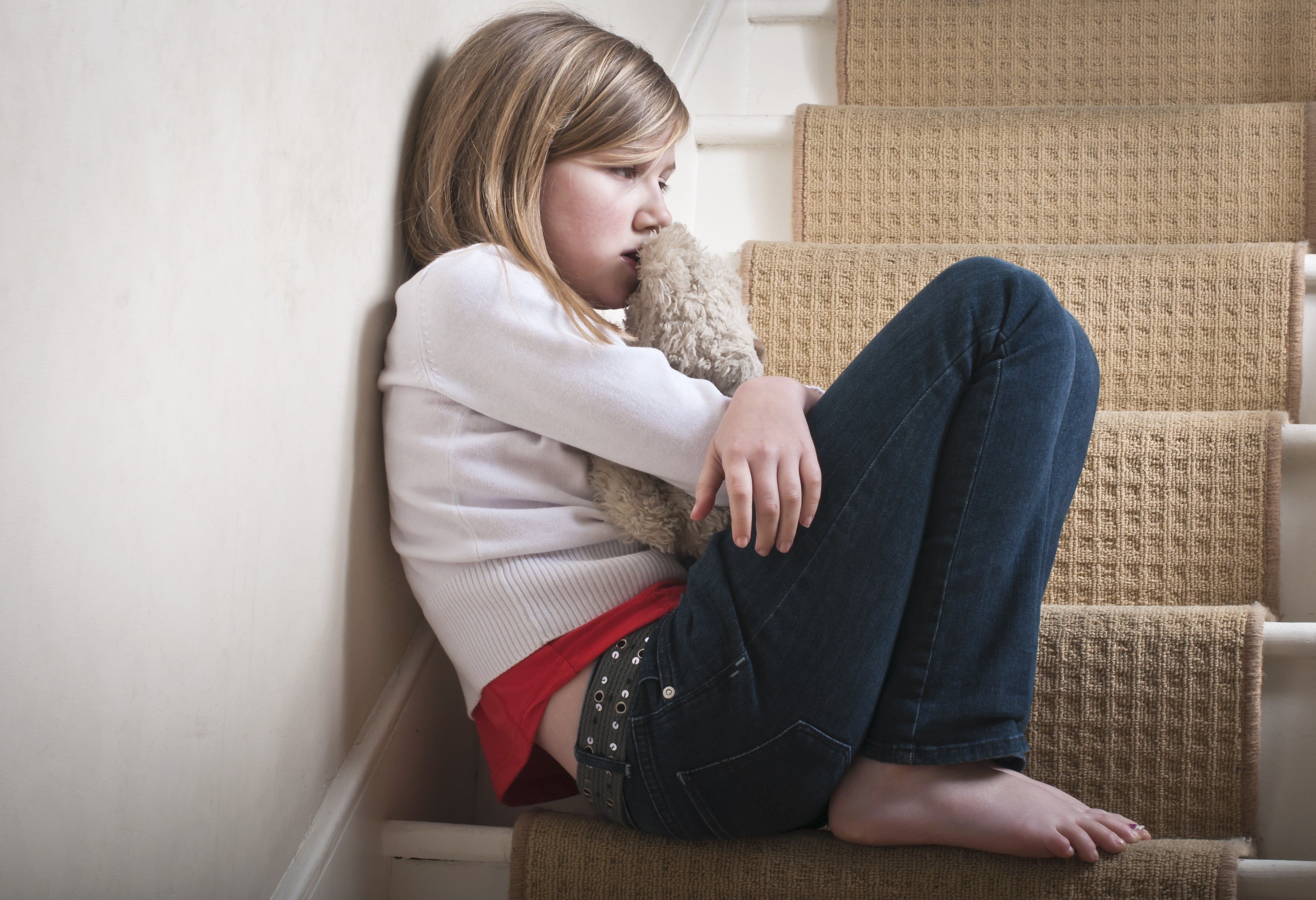Childhood-onset type: F91.1
Adolescent-onset type: F91.2
Unspecified onset: F91.9
Conduct Disorder is part of a cluster of diagnoses called the disruptive, impulse-control, and conduct disorders. Disruptive, impulse control and conduct disorders are a group of psychiatric conditions that include:

These disorders are characterized by the presence of difficult, aggressive, or antisocial behavior. It is often associated with physical or verbal injury to the self, others, or objects or with violating the rights of others (e.g., destruction of property). These behaviors can appear in several forms and can be defensive, premeditated or impulsive. Individuals with disruptive, impulse control and conduct disorders may have an irritable temperament, be impulsive or inattentive, be defiant towards adults, be aggressive towards peers, and lack problem solving skills. They may also have a coercive interaction style and lack social skills.
Oppositional defiant disorder is defined as defiant, hostile, and disobedient behavior, usually directed at authority figures. Intermittent explosive disorder is explosive outbursts of anger, often to the point of rage, that are disproportionate to the situation at hand. Conduct disorder is repetitive and persistent aggression toward others in which the basic rights of others are violated. Disruptive, impulse control and conduct disorders appear to have addictive properties as they tend to have strong aspects of compulsion, craving, loss of control, and hedonistic release.

Conduct Disorder is a behavioral disorder that affects 4% of children and adolescents.
Conduct disorder is characterized by the following symptoms:
Children and adolescents with this disorder have difficulty following rules and behaving in a socially acceptable way. Associated features of conduct disorder may include an inability to appreciate the importance of others' welfare and little guilt or remorse about harming others. Personality features of children and adolescents with conduct disorder may include trait negative emotionality and poor self-control, poor frustration tolerance, irritability, temper outbursts, suspiciousness, insensitivity to punishment, thrill seeking, and recklessness. Adolescents with conduct disorder often develop skills in outwardly verbalizing remorse to obtain favor or avoid punishment, but do not experience any apparent guilt. Children and adolescents are likely to show a variety of cognitive and attributional deficits and distortions including problem-solving skills, attributions of hostile intent to others, and resentment and suspiciousness. As a result, they may lash out preemptively, and aggression may appear unprovoked.
Very few children and adolescents with conduct disorder exhibit characteristics that qualify for the "with limited prosocial emotions" specifier. This specifier indicates that children and adolescents display limited prosocial emotions in multiple settings and relationships. They reflect the child or adolescent's overall pattern of functioning, not just occasional occurrences in some situations. Children and adolescents who qualify for this specifier have been described as exhibiting callous and unemotional traits in research. Other personality features, such as thrill seeking, fearlessness, and insensitivity to punishment, may also distinguish those who fall under this specifier. Children and adolescents described in this specifier may be more likely than others with conduct disorder to engage in aggression that is planned for instrumental gain.
Conduct disorder is comprised of three subtypes- childhood onset, adolescent onset, and unspecified onset. Behaviors that are typical of childhood onset conduct disorder include physical aggression toward others, have disturbed peer relationships, may have had oppositional defiant disorder during early childhood, and usually have symptoms that meet full criteria for conduct disorder prior to age 10. Many children with this subtype also have concurrent attention-deficit/hyperactivity disorder (ADHD) or other neurodevelopmental difficulties. Individuals with adolescent-onset conduct disorder are less likely to display aggressive behaviors and tend to have more normative peer relationships.

The first significant symptoms of conduct disorder are usually seen from middle childhood to middle adolescence. Onset is rare after 16 years of age. Symptom behaviors that emerge first tend to be less serious (e.g., lying, shoplifting), whereas conduct problems that emerge last tend to be more severe (e.g., rape, theft while confronting a victim).
Parental abuse, onset of problem behavior in early childhood, financial hardship and lack of supervision are all associated with more symptoms of conduct disorder. Childhood conduct disorder, left untreated, has a poorer prognosis. 40% of individuals with childhood-onset conduct disorder will develop antisocial personality disorder. Children and adolescents with conduct disorder are at risk for later mood disorders, anxiety disorders, posttraumatic stress disorder, impulse-control disorders, psychotic disorders, somatic symptom disorders, and substance abuse disorders as adults.
Children and adolescents with conduct disorder are likely to show academic deficiencies, as reflected in achievement level, grades, being left behind in school, early termination from school and deficiencies in specific skill areas. Youths with the disorder are likely to display poor interpersonal relations, as demonstrated in their diminished social skills in relation to peers and adults and higher levels of peer rejection. They may engage in other risky behaviors such as cigarette smoking, early sexual activity, and alcohol or drug use. Suicidal ideation, suicide attempts, and completed suicide occur at a higher rate in this population.
Familial risk factors include parental neglect, parent criminality, inconsistent child-rearing practices, harsh discipline, physical or sexual abuse, and early institutional living. Social risk factors include peer rejection, association with a delinquent peer group, and neighborhood exposure to violence. The disorder appears to also have a genetic component, as it is more common in children with a biological or adoptive parent or sibling with conduct disorder. However, having a genetic predisposition to conduct disorder does not necessarily mean that someone will develop conduct disorder.
Children who have conduct disorder may have decreased baseline autonomic nervous system activity, requiring greater stimulation to achieve optimal arousal. Some research suggests that the types and intensities of autonomic responses may increase or decrease susceptibility to form of family conflict. Thus, it is hypothesized that autonomic nervous systemic activity may increase vulnerability or provide protection against psychological maladjustment the context of family conflict. Structural and functional differences in brain areas associated with affect regulation and affect processing, particularly frontotemporal-limbic connections involving the brain's ventral prefrontal cortex and amygdala, have been noted in individuals with conduct disorder.

Conduct Disorder is treatable. Published treatment guidelines for conduct disorder include those from American Family Physician, National Institute for Health and Care Excellence and Society of Clinical Child and Adolescent Psychology.
First Line Treatments
Second Line Treatments
In cases of nonresponse to first-line treatment, alternative treatments with reasonable evidence of efficacy include:
Third Line Treatments
When patients do not respond adequately to the first- and second-line treatments described above, other strategies might include:
First Line Treatments
Second Line Treatments
In cases of nonresponse to first-line treatment, alternative treatments with reasonable evidence of efficacy include:
Third Line Treatments
When patients do not respond adequately to the first- and second-line treatments described above, other strategies might include: